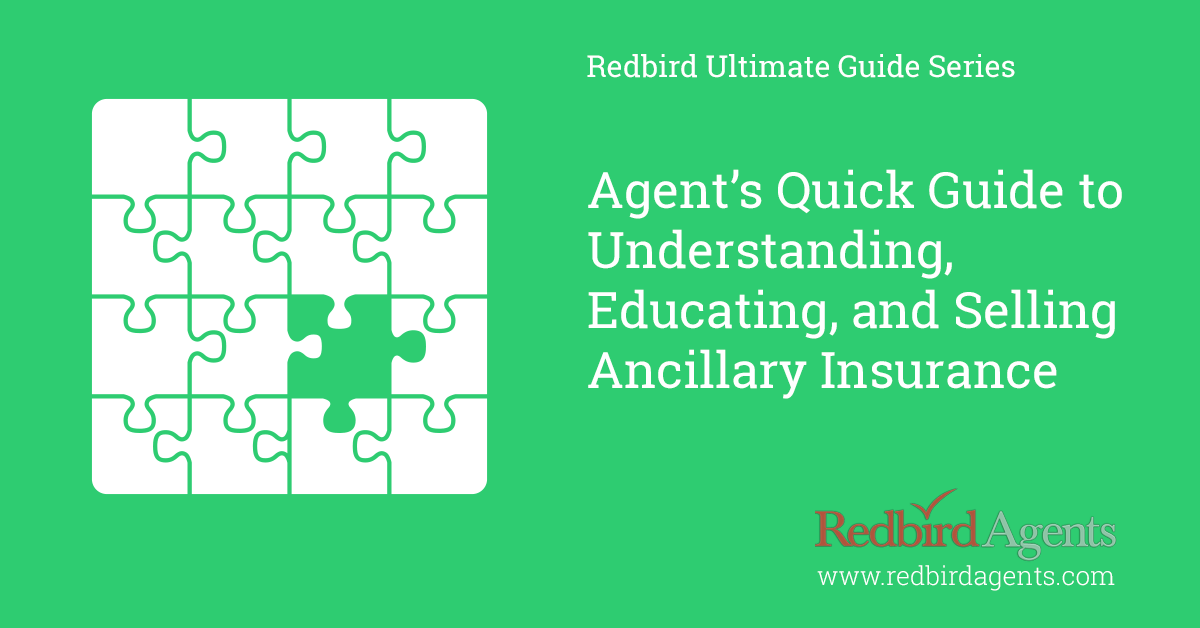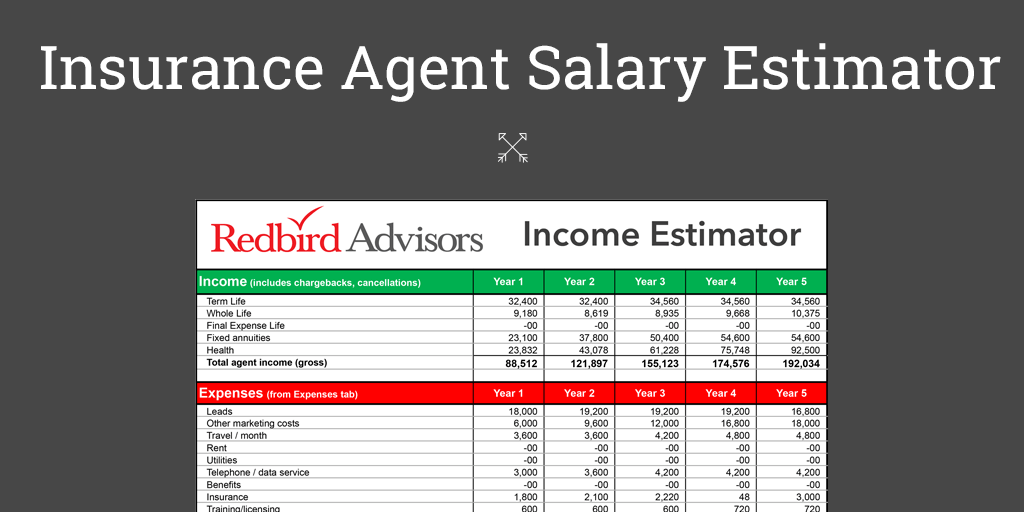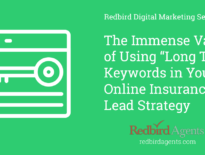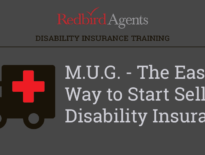
Featured Book Recommendation!
Dear insurance agent, you’re making a MASSIVE mistake if you don’t read this book immediately! Ancillary insurance products are a critical component to building a six-figure residual income.
Ancillary benefits sales continue to grow as both great products for cross selling as well as a primary selling strategy. In fact, I’ve met agents that have built just as large or larger book of business selling ancillary benefits as I have those that sell life insurance!
More and more companies are creating customer solutions that combine some of the best ancillary insurance products such as Accident, Cancer, Hospital, Dental Insurance, and Critical Illness plans to provide customers a deeper peace of mind.
Combining these plans not only makes it easier on the agent to best support their clients, but it’s easier on clients to understand that they are protected for the major risks that carry the heaviest financial burden.
This article will help you understand the following about ancillary benefits:
- What are ancillary benefits insurance?
- Ancillary insurance at a glance
- Who qualifies for ancillary insurance?
- Hybrid ancillary insurance (great product!)
- Top companies offering ancillary insurance
- Sales scenario to connect the dots
What are Ancillary Benefits in Insurance?
Ancillary insurance products are the same as supplemental insurance products.
They are used to supplement existing benefits, usually to provide enhanced protection from health insurance benefit gaps. Enrollment occurs through an independent agent or during an open enrollment through employer sponsored benefit plans.
Ancillary insurance can be any type of supplemental insurance, but there are a few common types:
- Accident Insurance
- Cancer Insurance
- Hospital Insurance
- Critical Illness Insurance
- Dental Insurance
- Disability Insurance
- Vision Insurance
- Term Life
Ancillary insurance is a common insurance coverage agents use when cross selling Medicare.
What is Accident Insurance?
Accident insurance is an affordable ancillary insurance policy that pays a pre-determined amount of cash benefit to your client when they suffer an accident.
For example, what if your client’s child breaks their leg at the playground? Their accident policy kicks in and pays cash benefits at nearly every step of the treatment process to help offset medical expenses. This could include an ambulance ride, x-rays, surgery, follow up visits, etc.
Accident insurance is sold in the following markets:
- Senior market
- Underage market
- Worksite employee benefits add-on (voluntary)
Check out our full guide to selling accident insurance.
What is Cancer Insurance?
Cancer insurance is a supplemental insurance policy that pays a benefit to the policyholder in the event they are diagnosed with various types of cancer.
For example, your client has a cancer insurance plan and is diagnosed with breast cancer. Based on the policy type, they will be paid a lump sum for diagnosis or begin receiving payments based on the various treatments.
Cancer insurance is sold in the following markets:
- Senior market
- Underage market
- Worksite benefits (voluntary)
Want to Get Started Selling Ancillary Insurance?
What is Hospital Indemnity Insurance?
Hospital indemnity insurance is used to help policyholders manage the financial risks of a hospital stay, especially those with high deductible health plans or plans that have daily hospital copays. In some instances families will choose this as another way to supplement their HSA plan.
TIP – We have an incredible sales process you can follow to instantly increase your hospital indemnity sales.
For example: your client spends four days in the hospital and their plan states they are responsible to pay $250 per day for the first seven days. In this scenario, they could make a claim to their hospital insurance plan which will pay them $300 per day.
They will end up paying $1,000 to their insurance plan and will receive $1,200 from their hospital insurance plan. It’s a great way to cover the risks of expenses associated with a hospital stay.
These plans are available for all markets:
- Senior market
- Underage market
- Worksite voluntary benefits
What is Critical Illness Insurance?
Critical illness insurance is a policy that is designed to pay out when someone is diagnosed with a variety of critical illnesses:
- Heart Attack
- Stroke
- Organ Transplants
- Cancer
- Many others…
These are all illnesses that require ongoing treatment which can carry a hefty price tag. When paired with the abundance of high deductible health plans, it’s a major financial risk.
Critical illness insurance is available for all markets:
- Senior market
- Underage market
- Worksite voluntary benefits
Another solution for critical illness insurance would be utilizing living benefits when selling IULs.
What is Hybrid Ancillary Insurance?
You guessed it, this a hybrid ancillary insurance product that has elements of the major supplemental insurance products listed above, and some have additional bells and whistles.
These products drastically simplify the sales process and allow you to offer strong protection for your clients.
Which scenario would you rather put your clients through?
- Scenario A: Explain 4 different supplemental insurance plans, benefits, costs, and try to get your client to complete 4 different applications.
- Scenario B: Explain the different supplement insurance plans and show you clients how you can protect them from those risks with 1 policy, 1 application, and 1 bank draft.
Using a hybrid product will increase your chances and at the end of the day, provide some level of coverage vs. potentially no coverage.
How Hybrid Ancillary Plans Are Commonly Structured
Hybrid plans are simple to set up and usually follow a common process:
Step 1 – Choose the type of coverage:
- Individual
- Individual and child
- Individual and spouse
- Family
Step 2 – Choose Lump-sum benefit (varies depending on company)
- $5,000
- $10,000
- $20,000
- $30,000
- $40,000
- $50,000
- $60,000
- $70,000
- $80,000
- $90,000
- $100,000
Make sure you read the summary of benefits as children payouts are often less than parents.
Step 3 – Choose the additional coverage type
- Cancer
- Radiation and chemotherapy upgrade (if offered)
- Heart attack and stroke
- Critical illness
- Hospital insurance
- Accident insurance
- Return of premium, cash value, or disability riders (if offered)
Ancillary Insurance Underwriting
Underwriting these products is relatively simple and does NOT require medical testing.
- Simple yes or no knockout questions for selected benefits
- Unisex tobacco and non-tobacco rates (common with most companies, but always verify)
- 30-day waiting period (common with all companies)
- 5-year look-back for cancer and heart conditions
How Do Hybrid Ancillary Products work?
Below is a case study of how hybrid products work. For these examples, I referenced one of my favorite companies, Washington National Active Care.
Washington National is a leader in the ancillary insurance market for both individual and worksite benefit sales.
Sales Scenario: Family with Two Children
You have an existing client who was recently laid off, his unemployment benefits are set to expire, and his savings is getting slim. He is currently on a $5,000 deductible health plan.
His wife works full-time in healthcare, raises two young children, and cares for her senior parents who have been through a series of health issues over the years.
Due to this, they both agree they need coverage to protect them from the unforeseen risks that could completely drain their savings.
They decide to choose a hybrid plan from Washington National with the following benefits that best protects them:
- Lump sum: $5,000 to match their health insurance deductible
- Cancer coverage: Due to family history, they elect cancer as a benefit. This will immediately pay them $5,000 on diagnosis and completely cover the health insurance deductible.
- Heart attack and stroke: Heart disease is a common condition that carries a big price tag.
- Hospital: With two young kids, protecting hospital expenses is critical.
- Accident: Another great option to help protect them from unforeseen financial burdens as their kids grow up.
- Return of premium: After 20 years they can get their money back in full minus any claims paid. And, they can continue their benefits. This is a no brainer.
What Would A Claim Scenario Look Like?
Let’s paint the picture to understand how all of this looks when you put it together. The wife is involved in an accident when she’s coming home from work and has multiple bone injuries, lacerations, and burns:
- Cancer: Does not apply, no payout.
- Heart attack and stroke: Does not apply, no payout.
- Hospital: Based on her plan benefits, she received the following:
- $1,200 for three days in the ICU
- $1,000 for five days in skilled nursing
- Total: $2,200
Accident: Each accident category has a specific payout as outlined in the summary of benefits:
- $1,200 for a fractured hip
- $600 for a dislocated shoulder
- $100 for laceration
- $500 for burns
- $250 for the ER visit
- $60 for the two doctor visits
- Total $2,710
The total payout received from this accident is $4,910 paid directly to the family, bringing their out of pocket expense of their $5,000 deductible health plan to only $90.
Top Ancillary Insurance Companies
Here are some of the core players in this market that are competitive for both individual and group ancillary insurance sales.
- Aflac
- Allstate Benefits
- Colonial Life
- Cigna
- Guardian
- Medico
- National Guardian Life
- Sentinel Security
- Unum
How to Get Started Selling Ancillary Insurance
- Decide it’s something you should be offering your clients
- Get contracted to sell ancillary insurance
- Study your products to fully understand how the benefits pay out with each company
- Attend a Redbird training to best understand the product and new business submission process
- Utilize online applications to keep the paperwork to a minimum and minimize errors.



